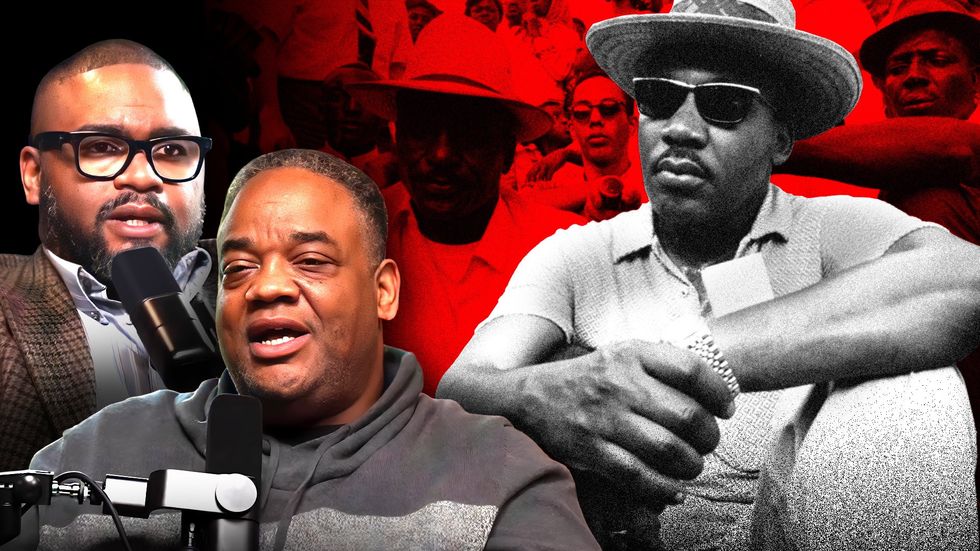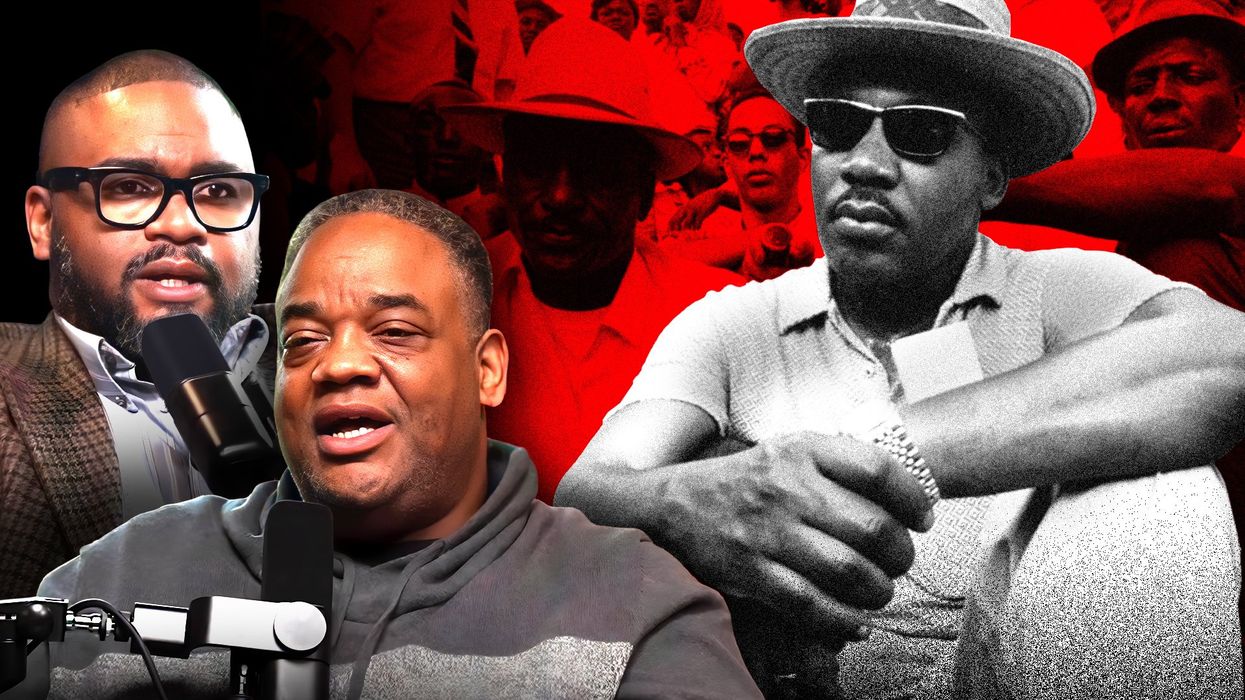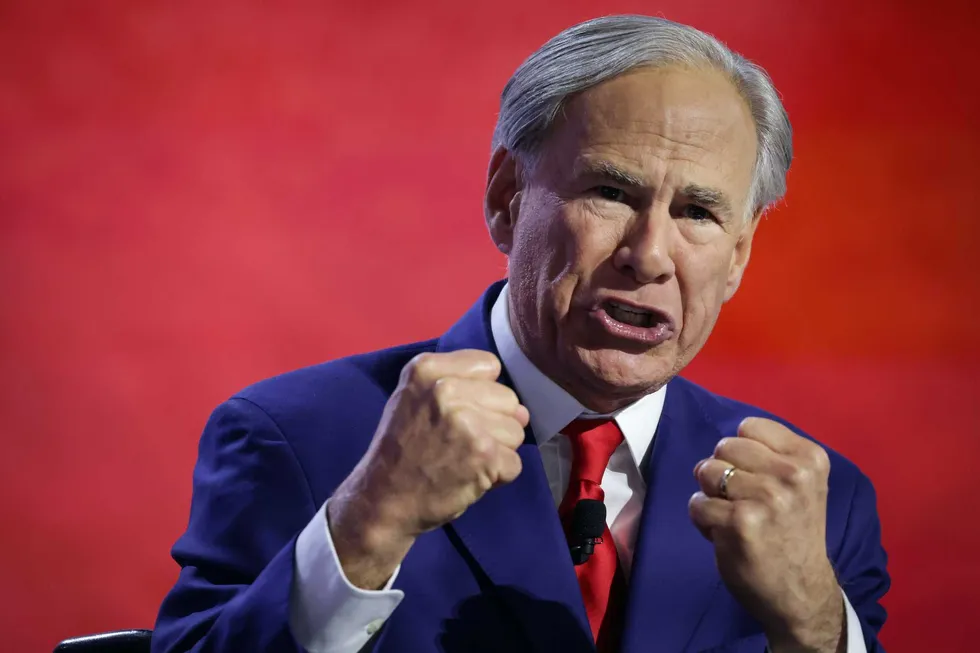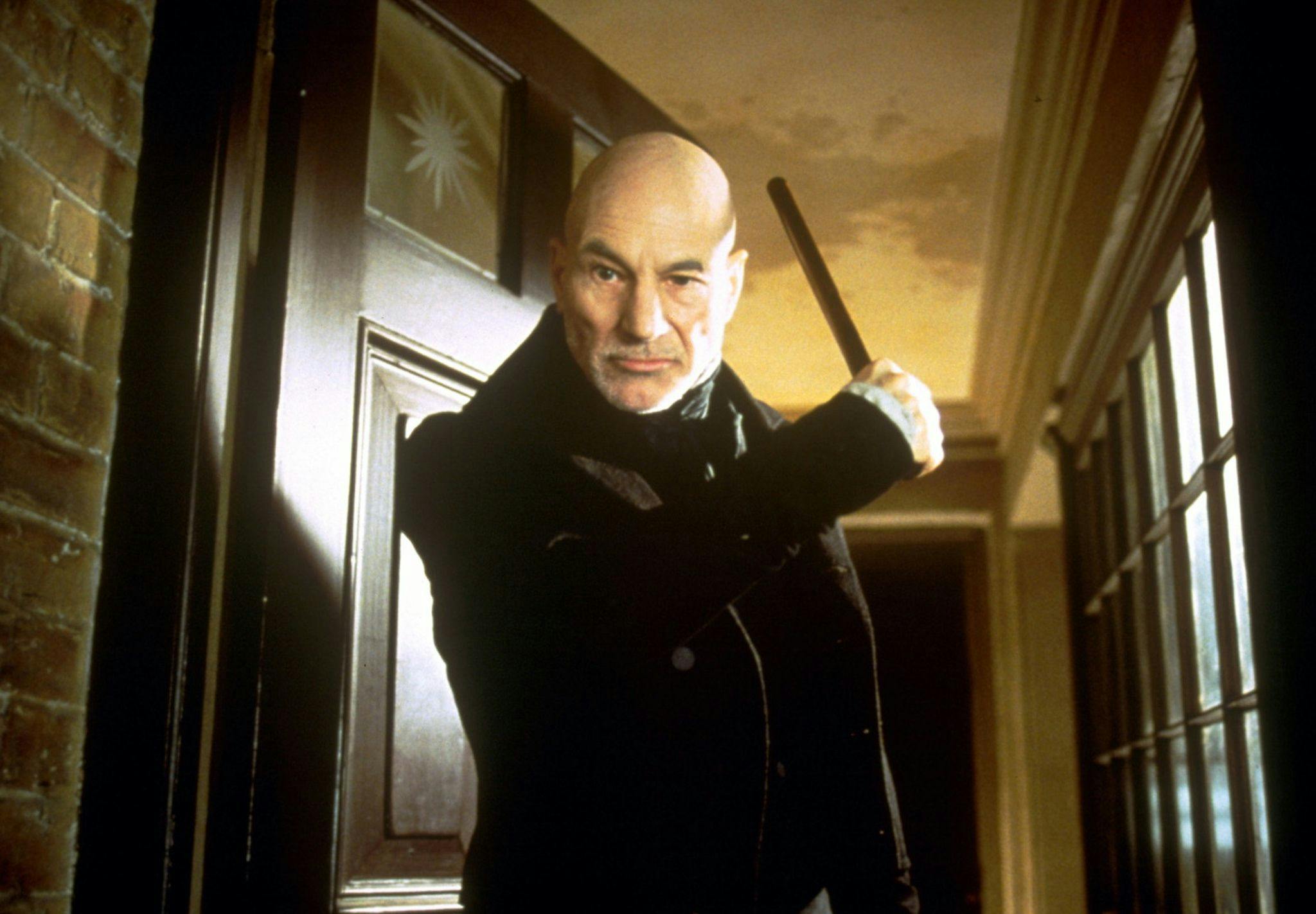How MLK radicalized victim mentality — and stole famous speech


The black community has been sold the story that their heroes are civil rights activists like Martin Luther King Jr. and Malcolm X, and while documentarian Chad O. Jackson doesn’t believe either were actually a force for good, he does find one slightly less destructive than the other.
Live Your Best Retirement
Fun • Funds • Fitness • Freedom
“I would put Malcolm in a very slight first, but I reject both of them. I reject the Nation of Islam that Malcolm represented, and I reject the social gospel that King represented, because I think both of those aspects about them diluted the message that they were communicating,” Jackson tells BlazeTV host Jason Whitlock on “Fearless.”
“Malcolm X was more focused on building up your communities,” he continues. “King was more interested in making a point and using the boycott as a jump-off point for what he was really trying to do, which was pass legislation to implement some degree of socialism into America.”
“King, he wasn’t interested in this kind of 'build up your communities and pull up your own bootstraps.' In fact, he besmirched the pull-up-your-bootstraps philosophy. ‘How can a bootless man lift up himself by his own bootstraps?’ said MLK,” Jackson explains.
Jackson notes that Stanley Levison, “the number one financier for the communist party,” was MLK’s “handler.”
“The relationship between Levison and King had the kind of making of a giant in real time, and it worked,” he explains. “The historians picked up on it after he was martyred — Washington, D.C., erected a 40-foot monument paying homage to him.”
Levison was also the true author behind the famous line, “I have a dream that my four little children will one day live in a nation where they will not be judged by the color of their skin but by the content of their character.”
Jackson explains that Levison “must have read an article from an 1872 newspaper” printed in South Carolina, where a Confederate journalist wrote, “surely a day will come in South Carolina where the men of South Carolina are judged not by the color of their skin but the content of their character.”
“So they lifted that from a Confederate newspaper, and Martin Luther King quoted it in this ‘I have a dream’ speech,” Jackson says. “Frankly, it doesn’t matter who coined it, and what matters is that it’s true. But we’re attaching a lot of stuff to MLK that didn’t originate with him.”
Want more from Jason Whitlock?
To enjoy more fearless conversations at the crossroads of culture, faith, sports, and comedy with Jason Whitlock, subscribe to BlazeTV — the largest multi-platform network of voices who love America, defend the Constitution, and live the American dream.
Originally Published at Daily Wire, Daily Signal, or The Blaze
What's Your Reaction?
 Like
0
Like
0
 Dislike
0
Dislike
0
 Love
0
Love
0
 Funny
0
Funny
0
 Angry
0
Angry
0
 Sad
0
Sad
0
 Wow
0
Wow
0












































































